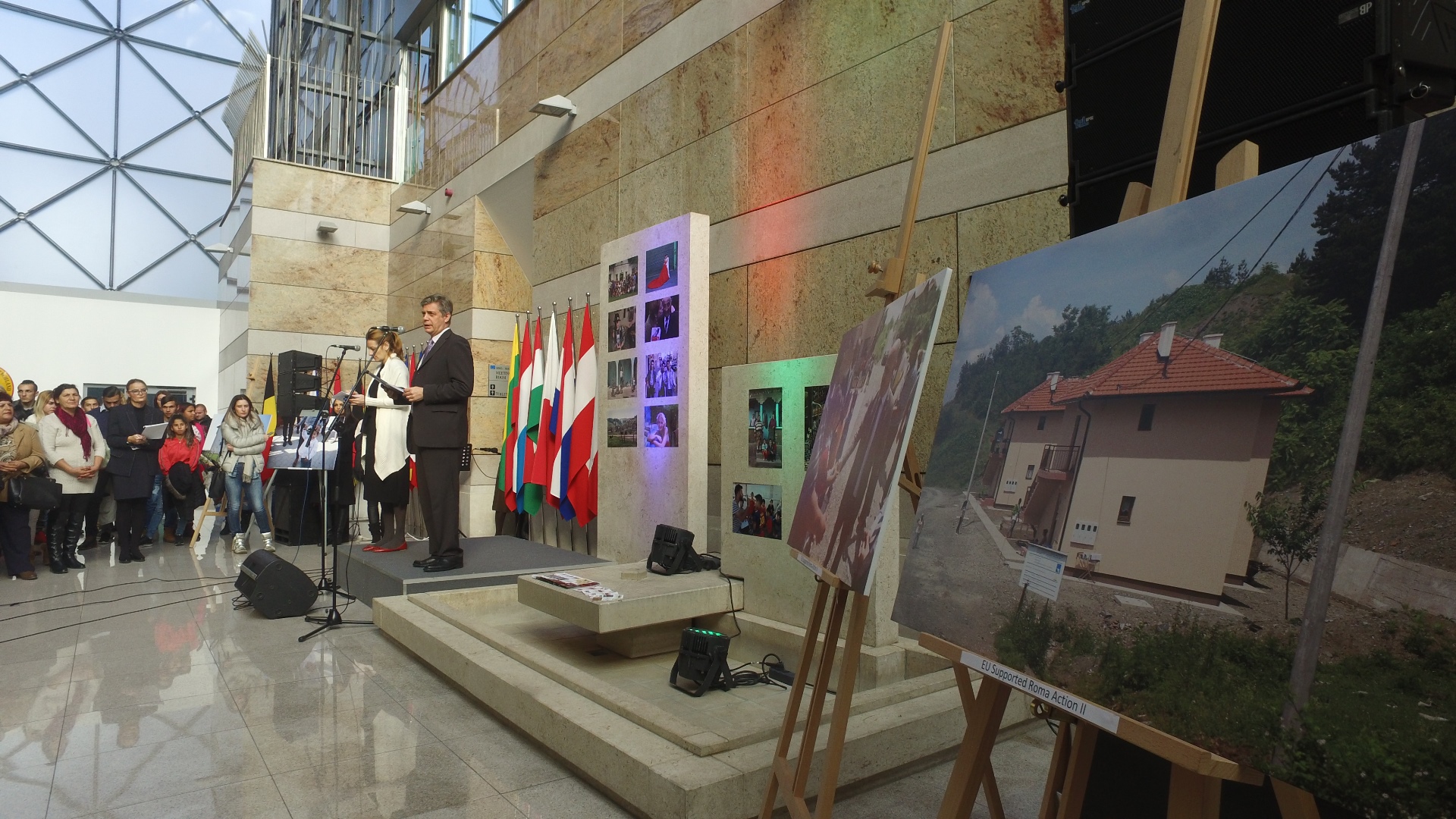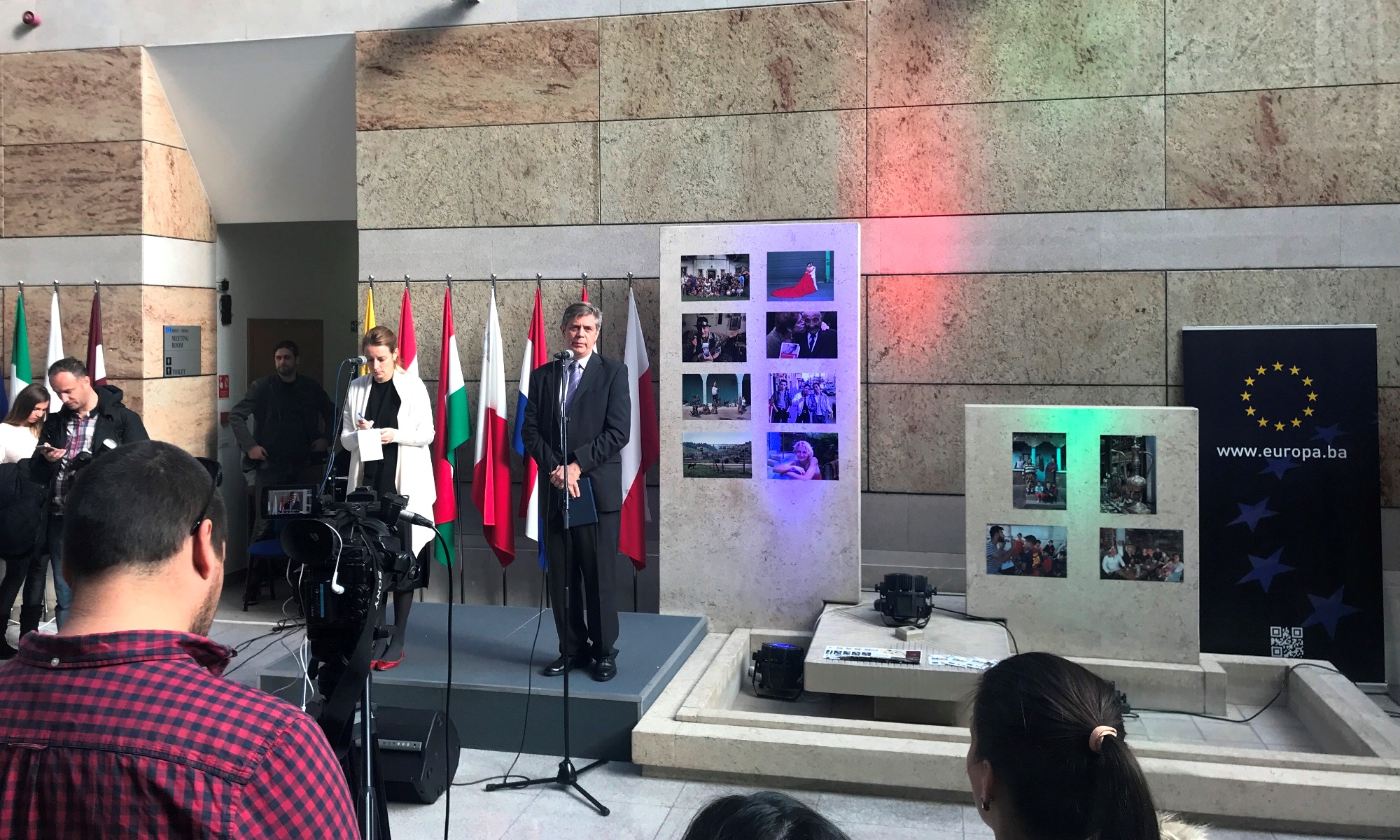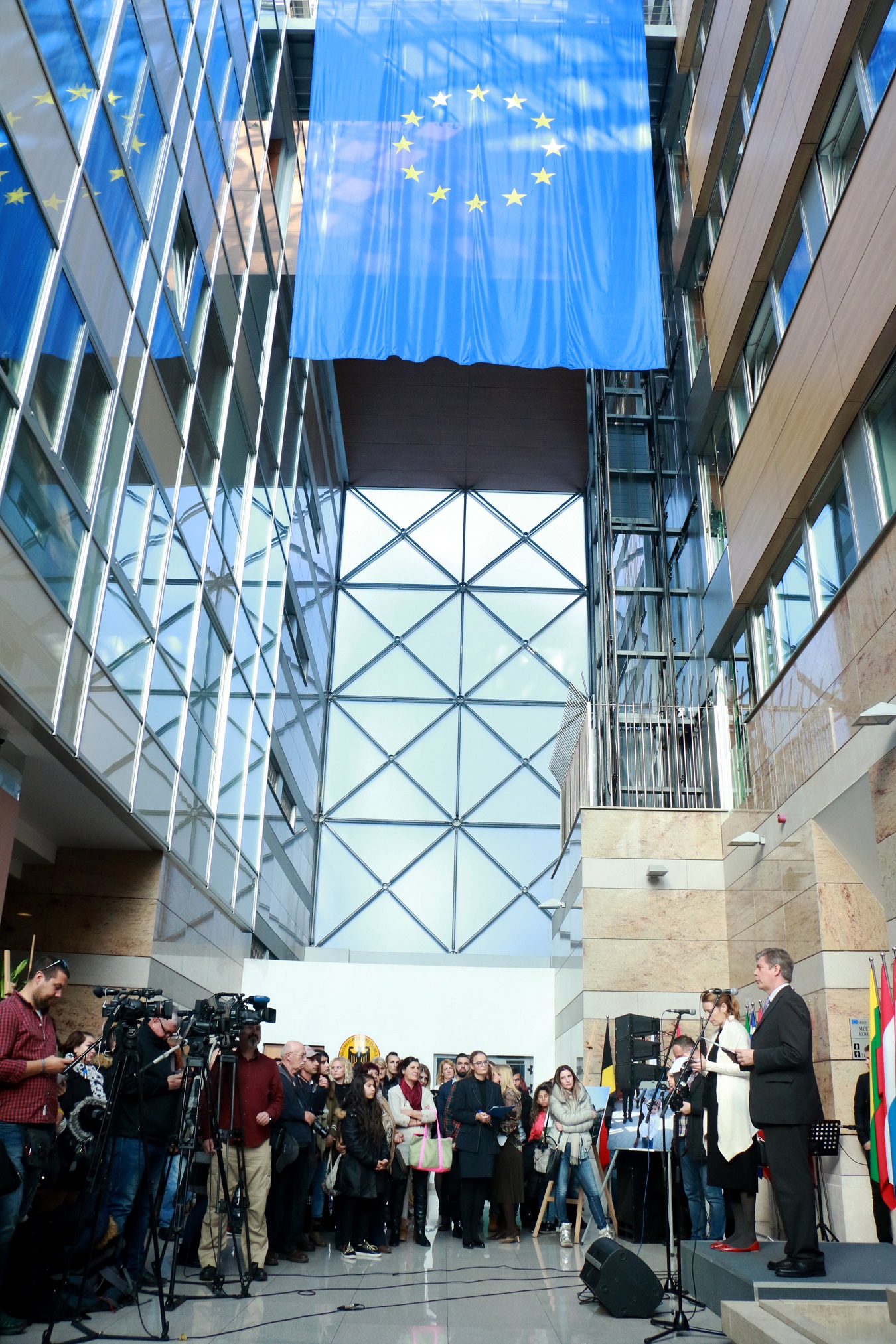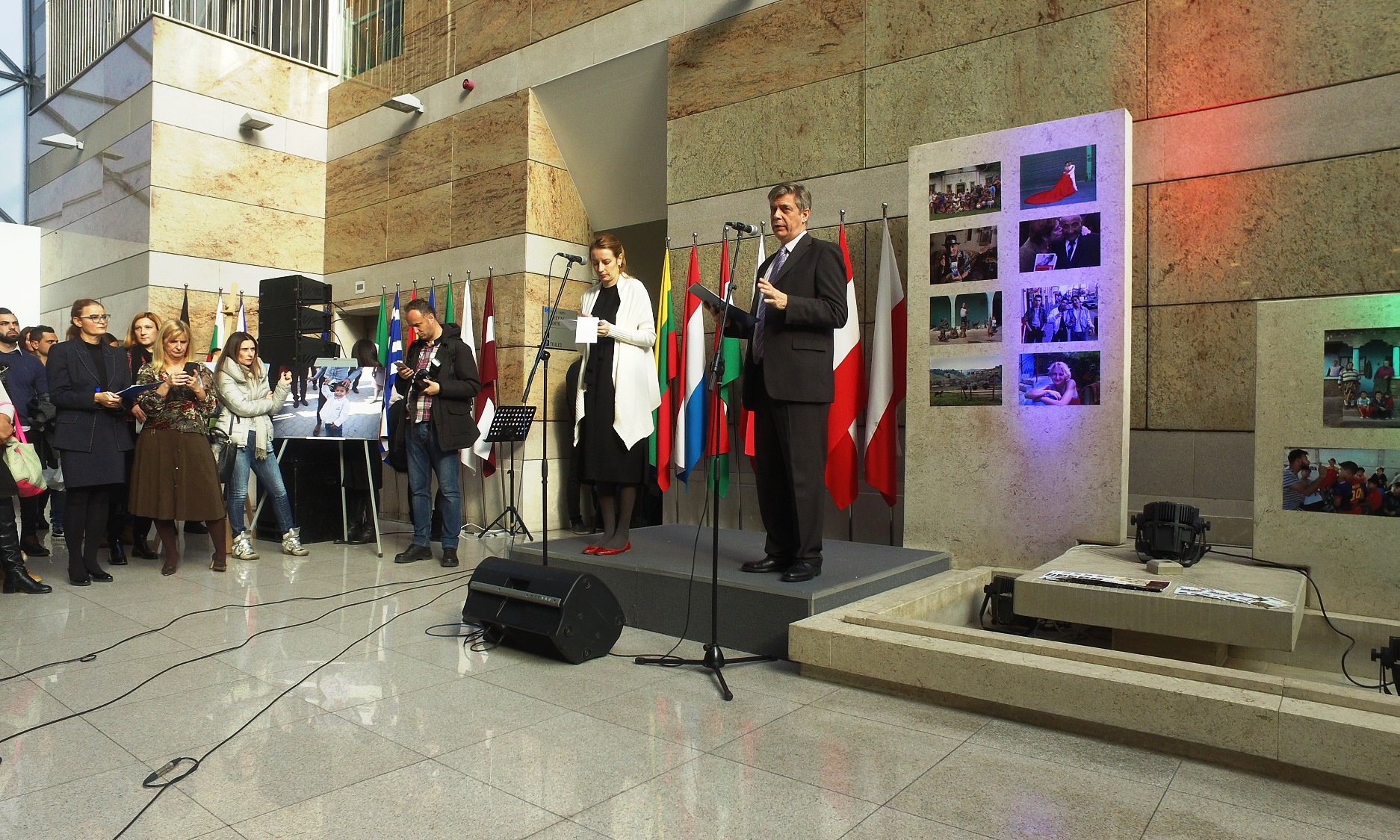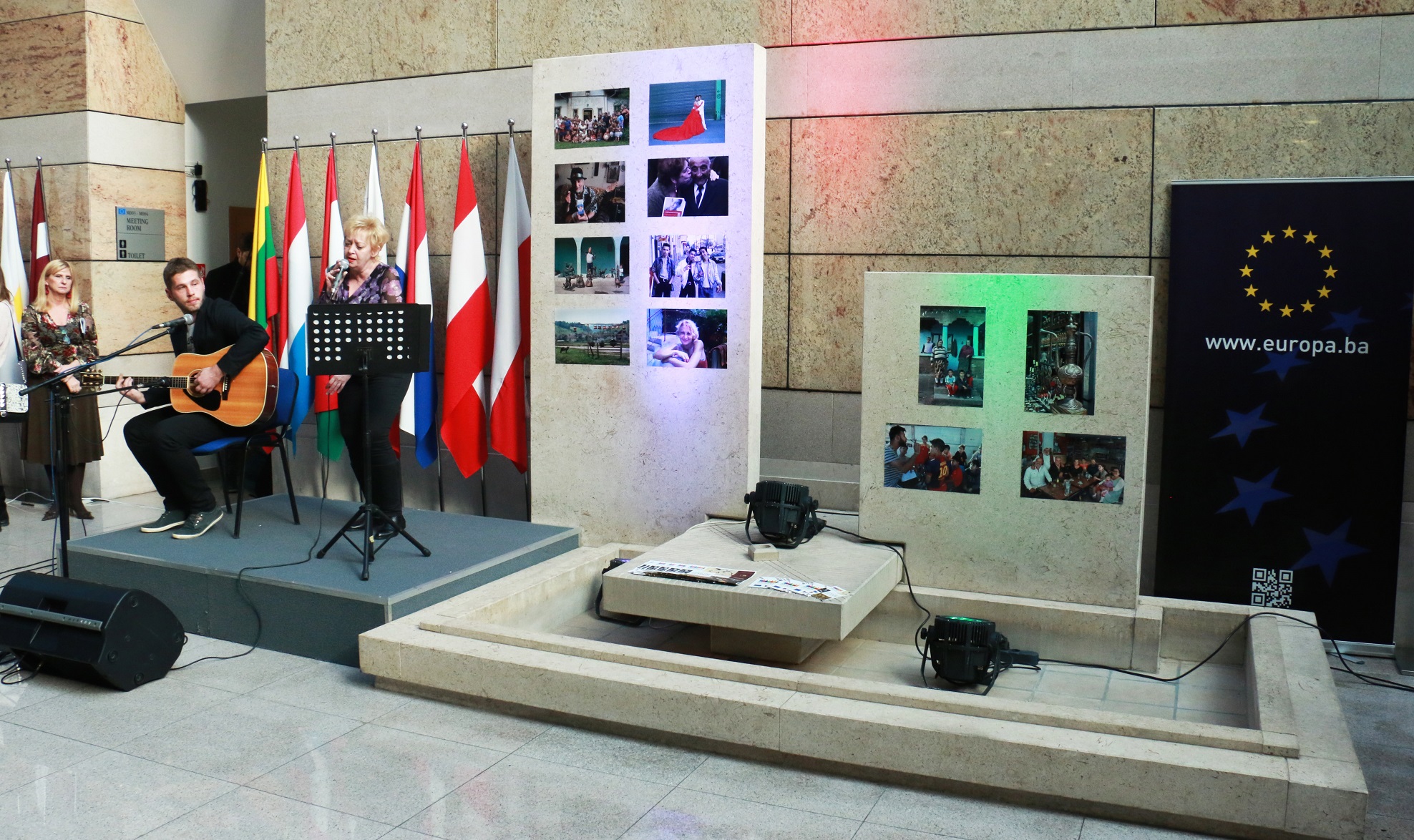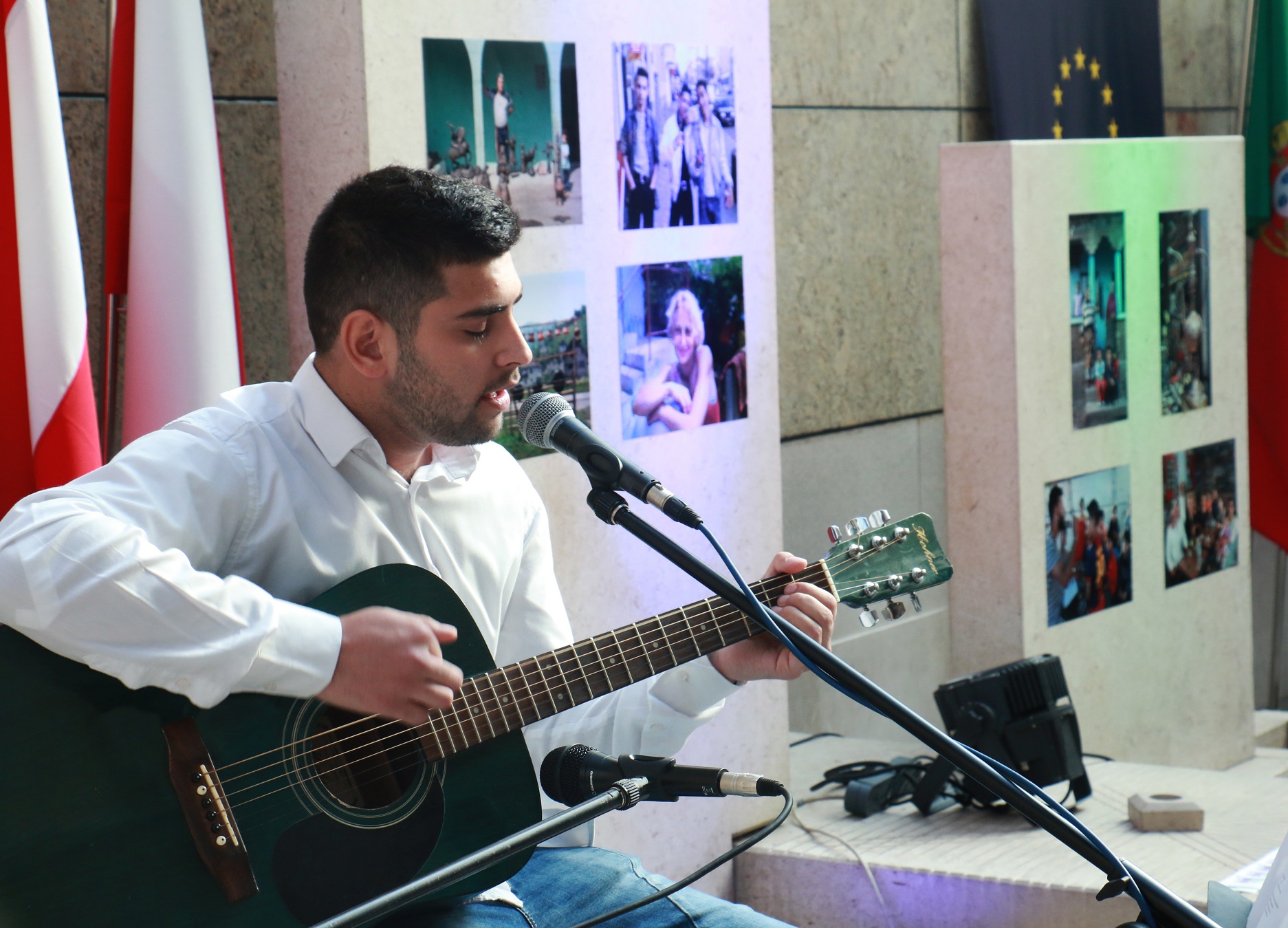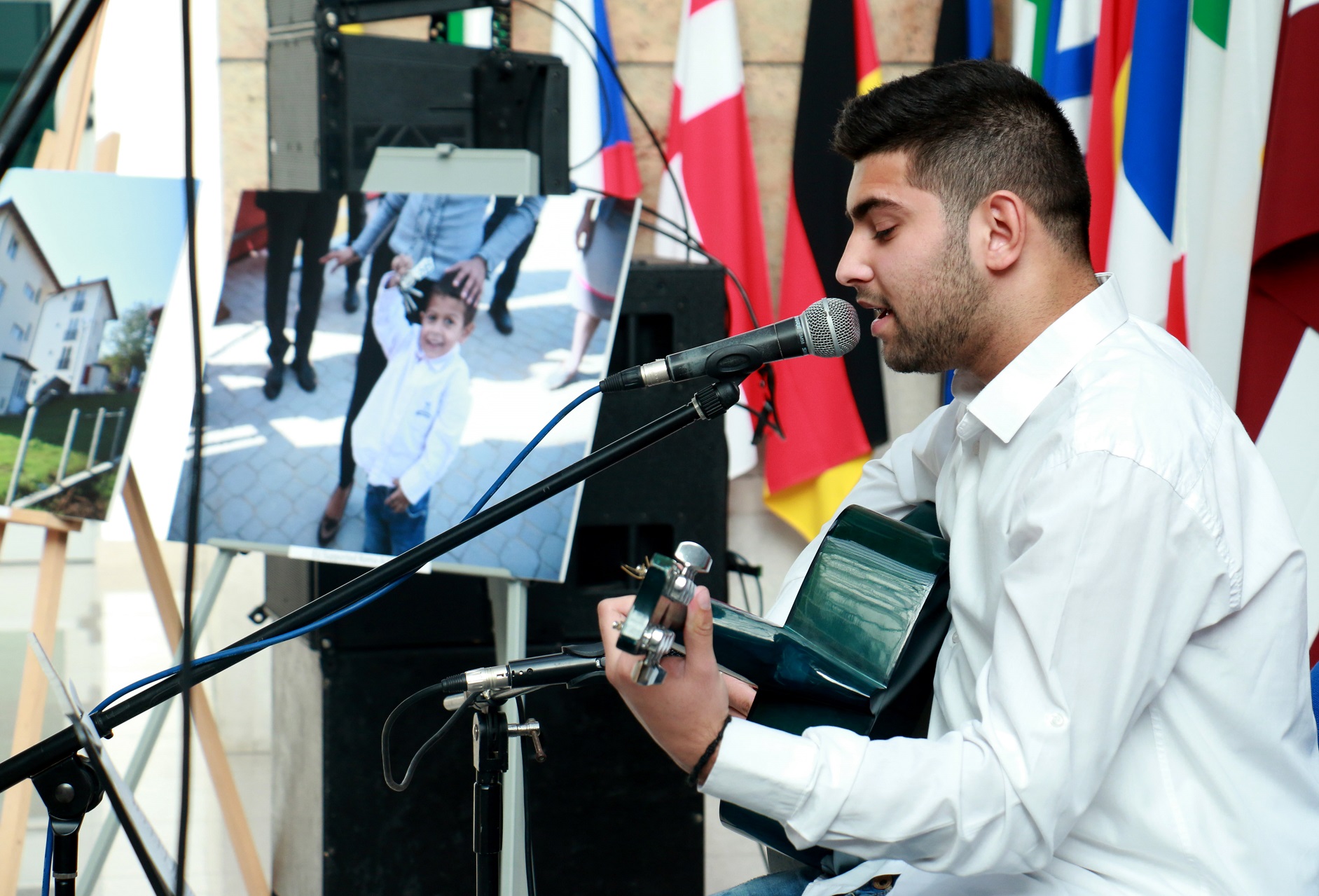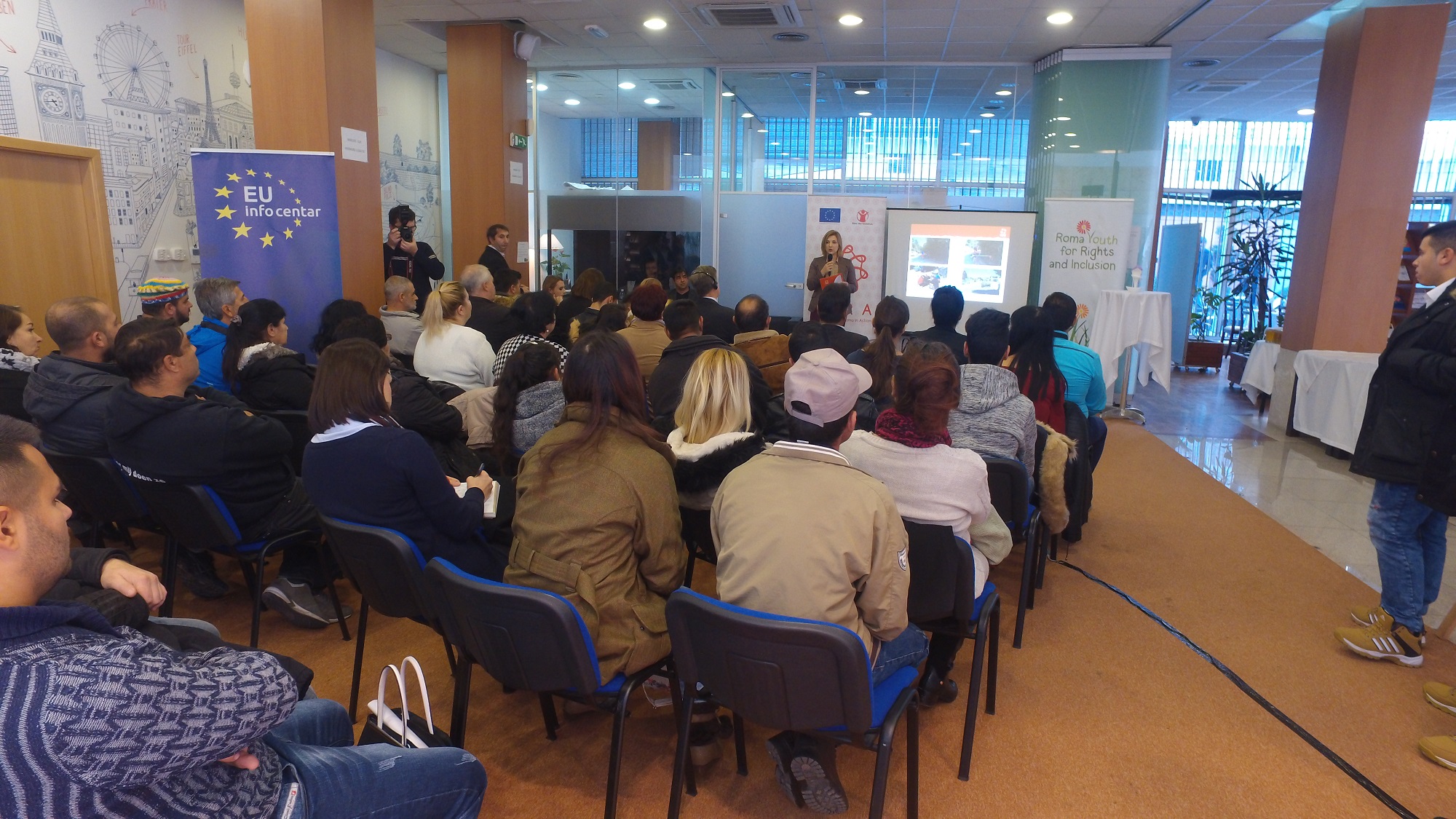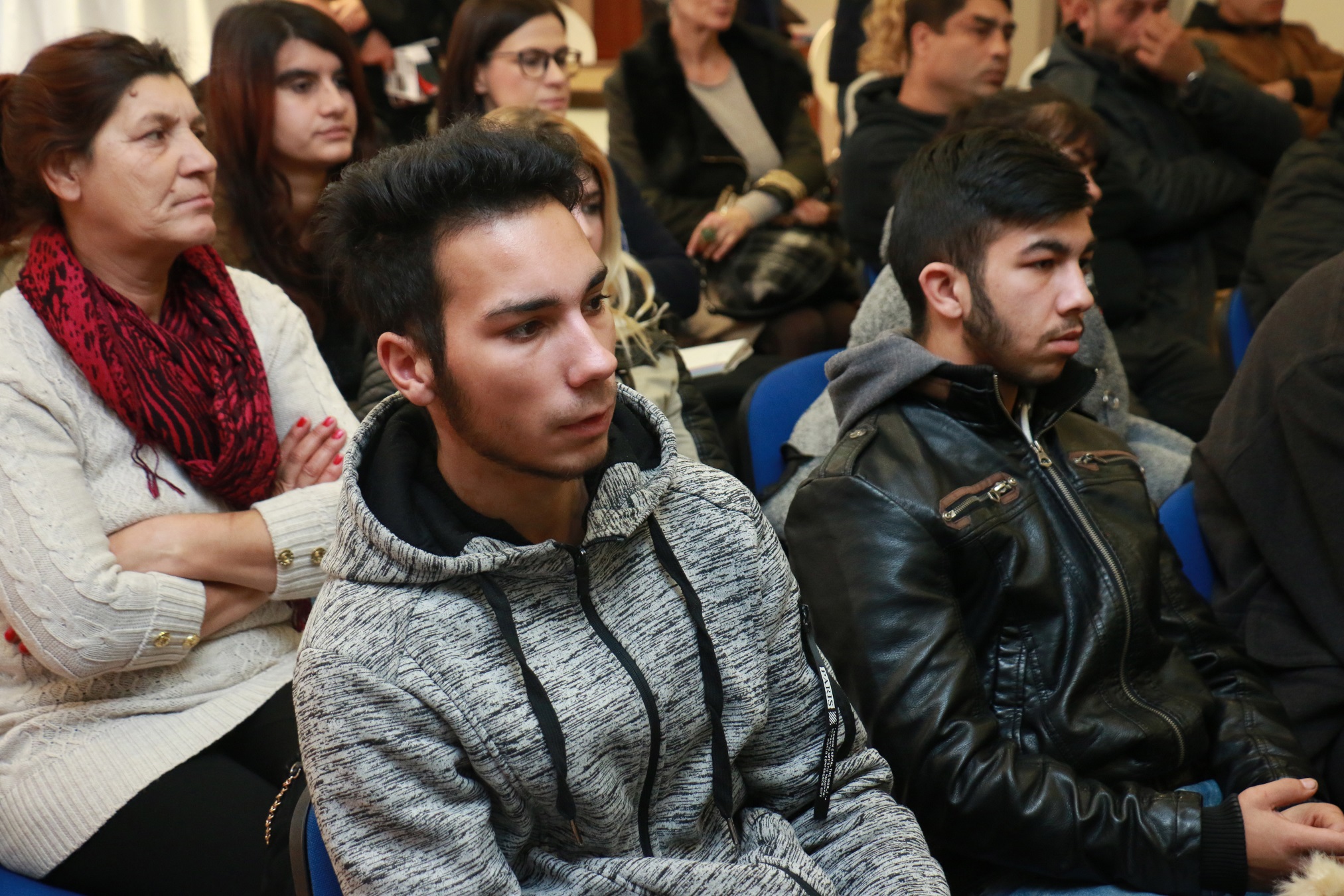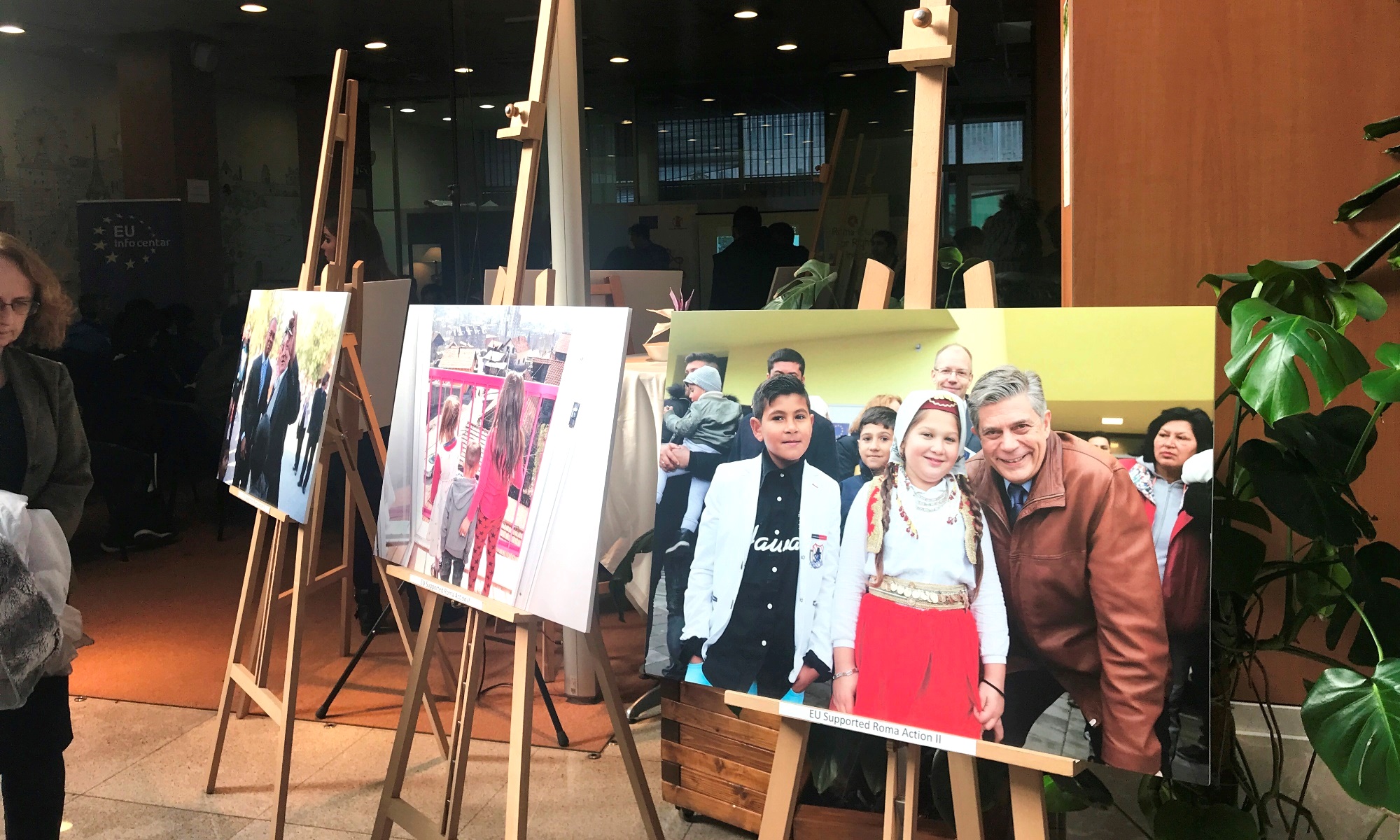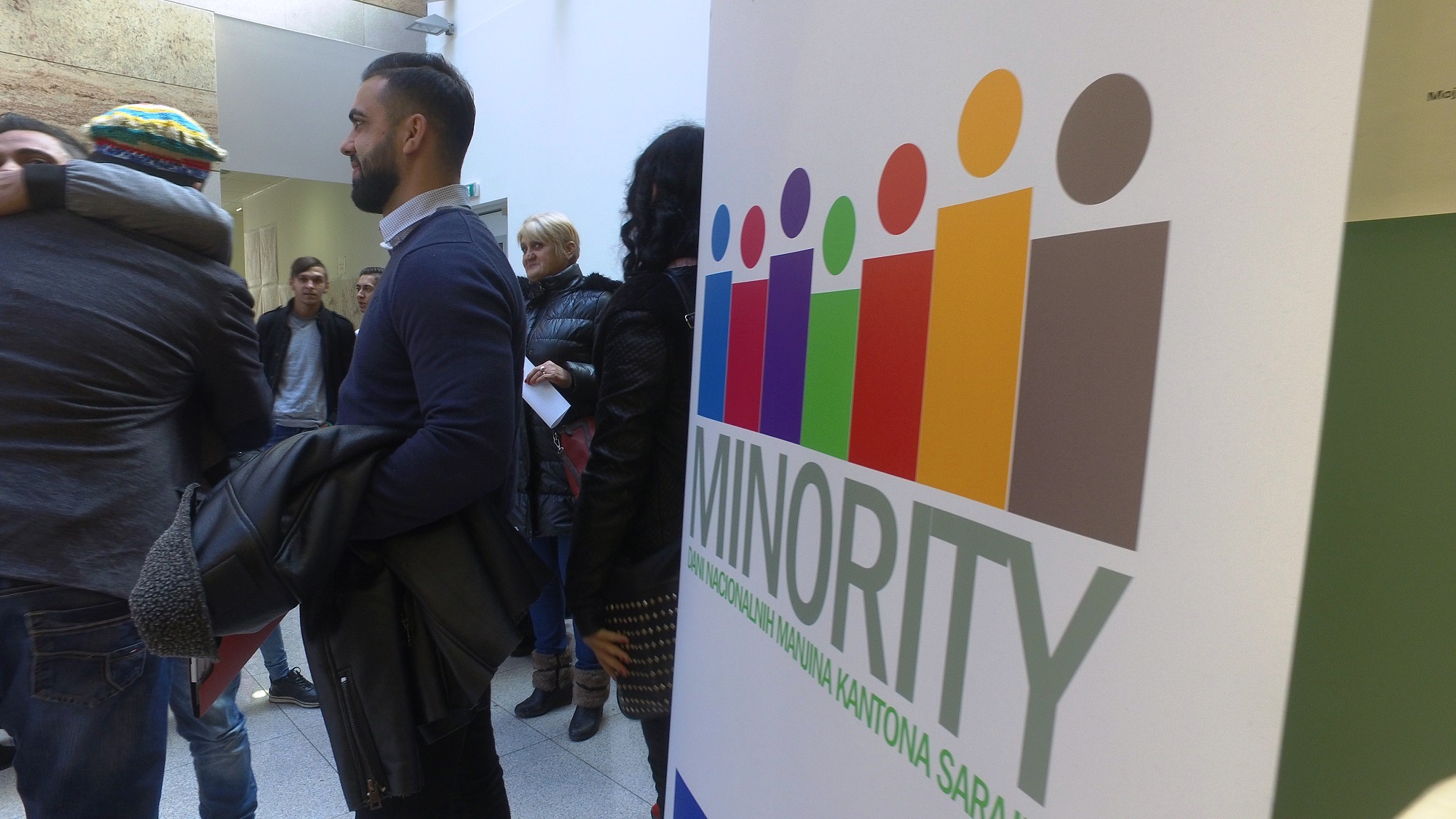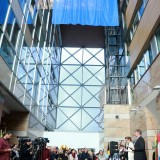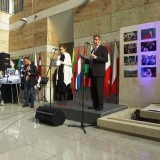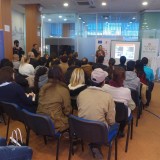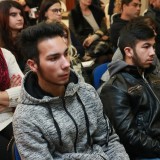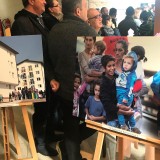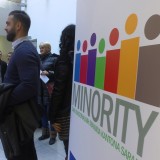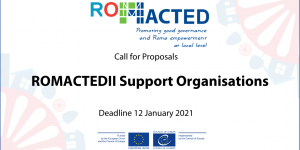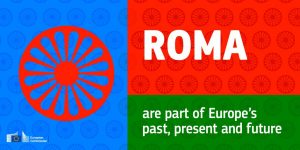The EU remains firmly committed to inclusion of Roma as a fundamental precondition of the EU accession process, Ambassador Lars-Gunnar Wigemark stressed during an event dedicated to EU-funded Roma inclusion projects implemented in Bosnia and Herzegovina.
For the first time ever, government stakeholders, NGOs, international partners and direct beneficiaries of different EU-funded Roma projects gathered on 20 November at the EU House in Sarajevo to celebrate Roma culture in Bosnia and Herzegovina (BiH) and reflect on project achievements as well as persisting challenges in terms of issues related to Roma inclusion, school drop-out and housing.
Welcoming attendees, Head of the EU Delegation and EU Special Representative in BiH, Ambassador Lars-Gunnar Wigemark, used the opportunity to reiterate the EU’s commitment to Roma and minority rights in the country’s accession process. Since 2007, the EU has provided over €100 million under the Instrument for Pre-Accession Assistance to support social inclusion and integration of Roma in the enlargement countries, Ambassador Wigemark noted. From this amount, over €6 million was provided to Bosnia and Herzegovina.
“We know that in this country, like in many other parts of Europe, Roma people are among the most excluded and many live in poor socio-economic conditions – facing prejudice, intolerance, discrimination and social exclusion on a daily basis. This event is to remind us that the European Union is committed and ready to help improve the overall situation of Roma here in Bosnia and Herzegovina,” Ambassador Wigemark said, emphasising that BiH authorities should step up their efforts, including through employment, education and effective implementation of the Anti-discrimination Law of BiH.
During info sessions organised throughout the day, project beneficiaries and representatives of the Roma community were invited to share their stories and views about the most pressing challenges they continue to face in their daily lives.
“When I embarked on this journey, I knew that I would have to fight many prejudices in society. The Roma community expected a lot as well. I avoided early marriage, I went to school. Today, with the support of my parents and in spite of everything, I study psychology and I want to build a career,” psychology student and Chair of the “Euro Rom” Association from Tuzla Admira Biberović said at a presentation of the “Leaders – Young Roma in Action” group.
“I grew up on the street, but I fought my way for a different life. My experience is the best example of how much a woman from a traditional Roma family can achieve. Today, I am employed at the Roma Association in Bijeljina. I love my job and I help other women find their path,” Fatima Džanić from the Bijeljina-based “Otaharin” Association said at the presentation of the “Young Roma for Rights and Inclusion” project, implemented by Care International.
The event was organised by the EU Delegation/EUSR in BiH with the aim to showcase the EU’s ongoing work and support to the process of Roma inclusion, primarily through improving living conditions for Roma families. It opened with a live rendition of “Nana Toha” by singer Željka Katavić, and featured two photography exhibitions, documenting Roma identity and life-changing achievements of EU-funded Roma housing projects.
In the lead-up to Human Rights Day, activities on minority rights will continue with the Minority Fest in Sarajevo, sponsored by the EU Special Representative in BiH. The Minority Fest will open on 22 November at the Academy of Fine Arts in Sarajevo, with a photography exhibition by photographer Nihad ‘Nino’ Pušija, who documents Roma identity in Southeastern Europe, and conclude with a conference on the socio-political participation of national minorities in BiH, taking place on 5 December 2017 at the EU Delegation.

